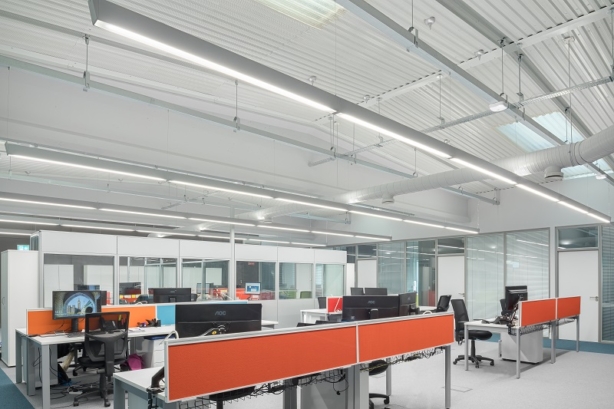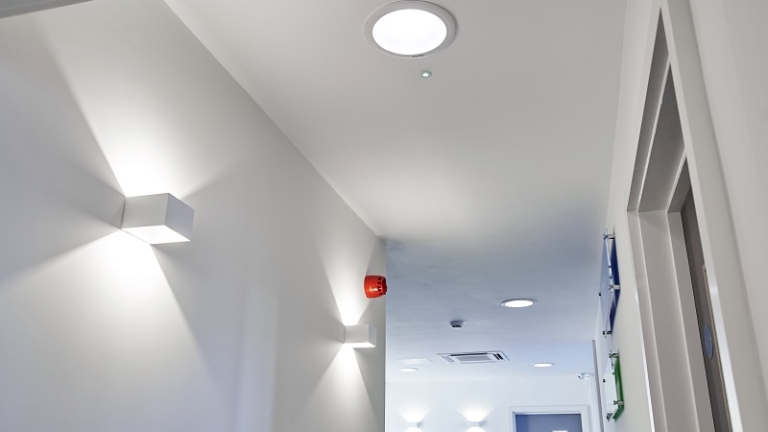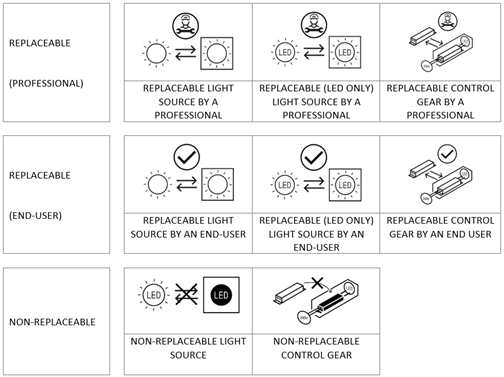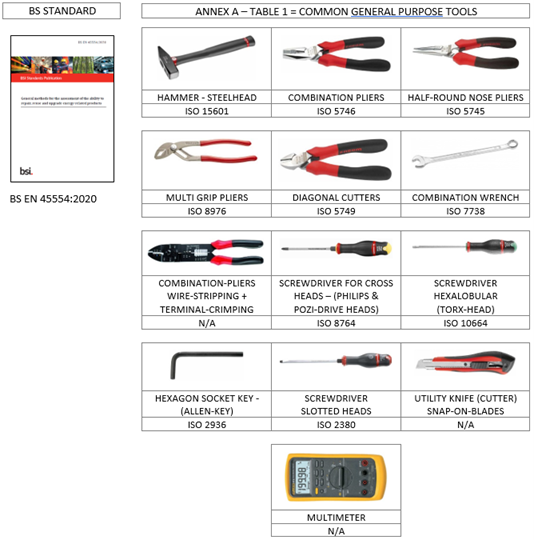
See how much you could save on energy costs with our easy-to-use LED Energy Calculator.
Open Energy CalculatorWe design and manufacture an extensive range of luminaires for a diverse number of sectors and applications. Whatever the shape, purpose or style of your space, we have a lighting solution.
View all sectors & applicationsView our latest product, OCTO smart lighting and application sector brochures.
Download our BrochuresFind information regarding our product warranty, product data downloads and FAQs regarding lighting and technical terms. Here you will find support with training CPDs as well as useful lighting design and LED strip calculators.
View the Energy CalculatorOCTO delivers the complete smart lighting package to transform the efficiency and ambience of commercial and residential spaces.
Download the BrochureFind product warranty details, data downloads, and lighting FAQs. Access training CPDs plus handy lighting design, energy and LED strip calculators—all in one place.
View the Energy CalculatorReplaceability of light sources

The European Union published the Commission Regulation (EU) 2019/2020 on the 1st of October 2019 on the ecodesign requirements for light sources and separate control gears in accordance with the Directive 2009/125/EC and repealing the three previous regulations of (EC) 244/2009, (EC) 245/2009 and (EU) 1194/2012. The new regulation applies from 1st of September 2021, is binding and directly applicable in all Member States including Northern Ireland.
The UK has very recently published its revised draft Statutory Instrument on the Ecodesign for Energy-Related Products and Energy Regulations 2021 which now amended was laid before parliament on the 1st of July and is due for publication during September this year. This UKSI regulation comes into force on 1st October 2021 and extends to England and Wales, and Scotland, but excludes Northern Ireland.
The content of both the European Commission Regulation and the UK Statutory Instrument will be very much aligned and within both regulations, a “containing product” is detailed as a product containing one or more light sources, or separate control gears, or both, including, but not limited to, luminaires that can be taken apart to allow separate verification of the contained light source(s).
Upon the removal of light sources and separate control gears, it shall be ensured that they can be replaced with the use of common available tools and without permanent damage, unless a technical justification of its functionality is provided within technical documentation explaining why replacement is not appropriate and this requirement also applies for verification purposes by market surveillance authorities.
Information shall be provided about the replaceability or non-replaceability of light sources and control gears by professional persons or by end-users without permanent damage to the containing product. Such information shall be made available on a free-access website and for products which are being sold directly to end-users, this information shall be on the packaging, at least in the form of a pictogram, and in the user instructions. It shall also be ensured that light sources and separate control gears can be dismantled from containing products at end of life and instructions on dismantling shall be made available on a free access website.

Placing one of the pictograms shown above on the packaging can provide guidance on the information requirements of the replaceability of lights sources and control gears, (or not,) by qualified persons or by end-users, but the symbols shown above should not be used on luminaires that are considered to be a light source and if the requirement is aimed for the end-user then it is on the replaceability, not the removability for verification purposes.
Regarding the phrase used within the information shown above, which has been extracted from the regulations, the term ’common available tools’ can be open to that of interpretation by a professional or by an end-user, however, to provide at least some clarification in support of this phrase, BS EN 45554:2020 offers some guidance.
BS EN 45554:2020 provides details on the general methods for assessment of the ability to repair, re-use and upgrade energy related products, the details of which are within Annex A on Common General Purpose Tools and containing a list of tools within Table A1, which is an exhaustive list of the commonly available tools, including providing an image of the tool, its listed name and its appropriate ISO reference standard, if available.

The standard provides generic methods to assess the following aspects of the ability of products to be repaired, the ability of products, or parts thereof, to be reused, the ability of products to be upgraded and for the purposes of this document, the term “product” refers to “Energy-related Product (ErP)”.
Within the contents of the above-mentioned British Standard, there is no mention of a ‘Soldering Iron’, however it is generally accepted that a soldering iron is considered by electrical professionals and many end-users to be a common available tool and as such can be included in the instructions for the ability to repair, re-use and upgrade energy related products.
The methods include product-related and support-related criteria when the product is placed on the market, taking into account knowledge of parts that are likely to fail, need replacing, or have re-use potential but the decision whether a product should be repaired, reused or upgraded, is dependent on a range of factors such as health and safety, as well as economic, legal and environmental aspects, however, the question of whether it is reasonable to repair, re-use or upgrade products is outside of the scope of the standard, BS EN 45554:2020.
You Might Also Be Interested In...

